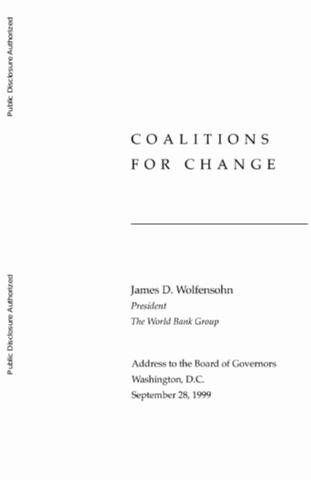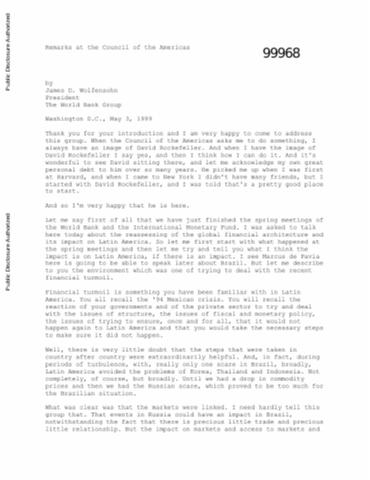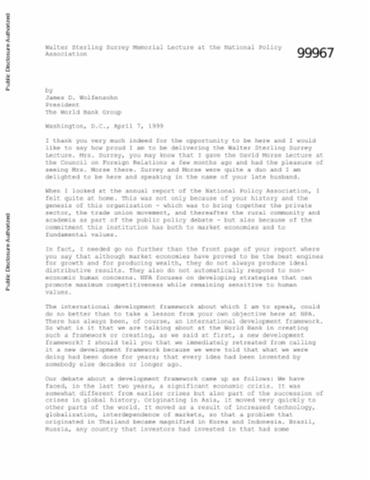Oxfam and Land in Post-Conflict Situations in Africa: Examples from Zimbabwe, Mozambique, South Africa, Rwanda and Angola
Presentation of 5 brief case studies of what Oxfam actually did with regards land in post-conflict situations in Africa, in Zimbabwe, Mozambique, South Africa, Rwanda and Angola, concluding with the common themes, conclusions and lessons that emerged from the case studies. Also includes a critique of the role of USAID.





